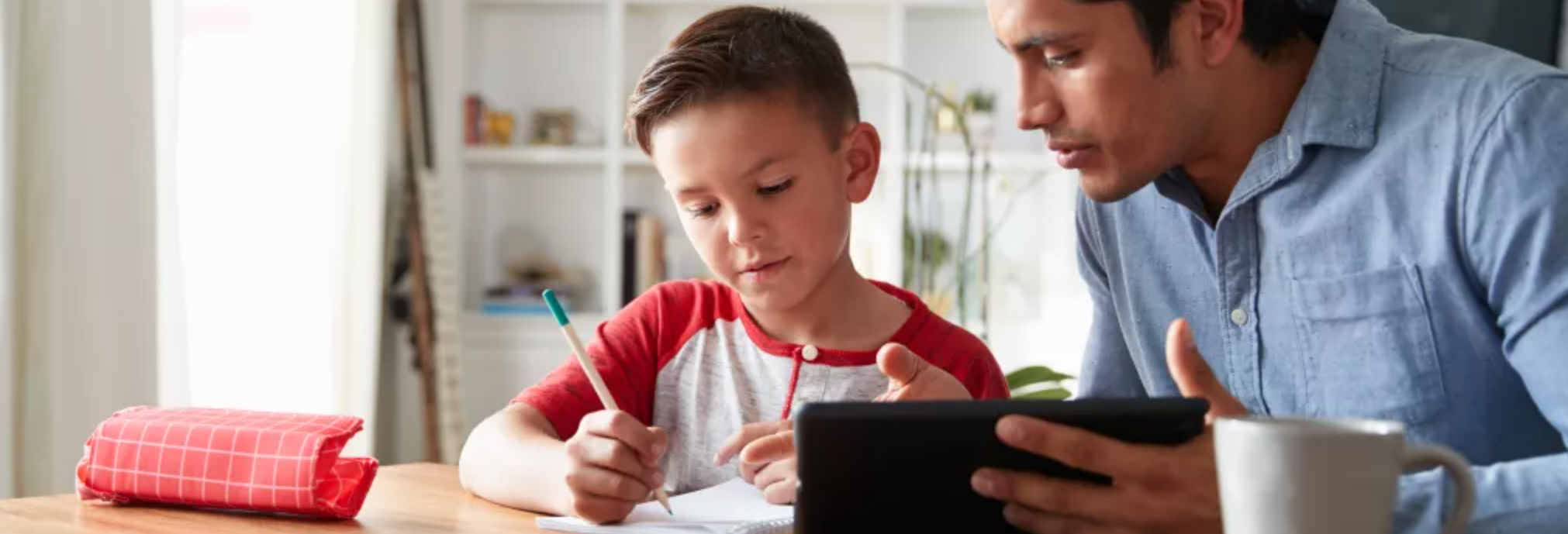Parents are dealing with huge demands on their time and energy. Children may not be attending school or involved in regular activities. As the pandemic continues to wreak havoc on families, routines have collapsed, patience is wearing thin and self-care is a distant memory.
The folks at PBS News Hours have compiled a list of 10 parenting strategies to reduce your kids’ pandemic stress. Click the previous link for the full article, features details on how to implement each of these approaches. Our take-away? Do not feel pressured to be excelling at all of these, all the time. Pick one per week to focus on as your and your child build your coping repertoire.
- Connect with one another – Make time to talk, listen and play without distractions (put your and their screens away for at least 30 minutes of play)
- Support children’s friendships – Let them play together outdoors, talk via technology or play a video game virtually with friends. Only kids can really get how other kids are feeling right now.
- Find ways children can help others – through donations, kind acts, or any way you can imagine.
- Help children stay involved in clubs or groups – Many have felt disconnected throughout the last year, outdoors or virtual clubs help kids feel part of something.
- Stay in touch with important adults – Children benefit from relationships with other grown-ups, like grandparents and teachers. Don’t feel that you have to care for them alone.
- Keep up with hobbies – Boredom is a parent’s worst enemy. Having an enjoyable hobby is rewarding for kids; it provides engaging leisure time and opportunities to master something.
- Be physically active – Make exercise a part of family routines. Take walks or ride bikes, play active video games like Wii, go to the park, stretch or do yoga together.
- Create routines – Routines are a powerful nonverbal signal to children’s brains that they are safe and that life is predictable. Keeping a routine can reduce the number of conflicts, and children know what to do and expect during different points of the day.
- Keep realistic expectations for learning – While schoolwork is indeed important, not all learning takes place in class. Involve children in opportunities to learn during everyday tasks such as cooking (measuring, timing), gardening, shopping (figuring sales prices, adding), and games (cards, dominoes, board games) that build memory and thinking skills.
- Maintain a healthy and safe home – In addition to maintaining COVID-19 precautions, make nutritious meals, declutter and organize toys, games, hobby supplies and learning materials.

